

A patient, medically cleared for discharge, remains confined to a hospital bed for weeks, even months, not because of lingering illness but because there is nowhere safe for them to go in the community. This scenario is unfolding across Yorkshire's hospitals at an alarming rate, creating a critical
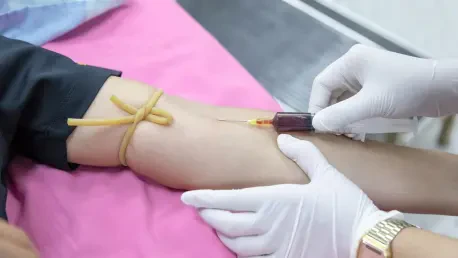
The prevailing strategy for combating cancer has long been defined by a reactive approach, one that often begins only after symptoms emerge and the disease has had time to advance. A revolutionary multi-cancer early detection (MCED) blood test, known as Galleri, is now challenging this established

An increasingly urgent mental health crisis is unfolding among children and adolescents, with a particularly devastating impact on those within immigrant communities who face a formidable array of barriers to receiving care. For countless Spanish-speaking families, the path to psychological support
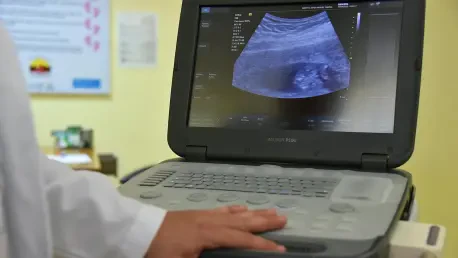
Within the complex machinery of modern healthcare, a critical component is facing unprecedented strain, creating a widening gap that impacts patient care from community clinics to major hospitals. Diagnostic medical sonography, a technology celebrated for its ability to provide real-time,
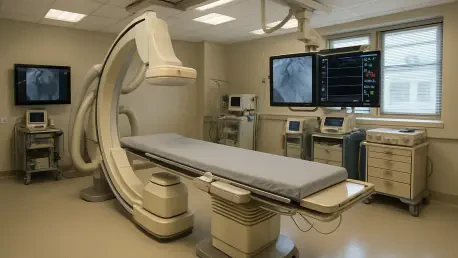
For years, residents of Northern Sarawak facing a critical heart condition were confronted with a daunting and often life-threatening journey to receive the specialized care they desperately needed. The immense geographical distance separating communities in Limbang and Lawas from the Sarawak Heart
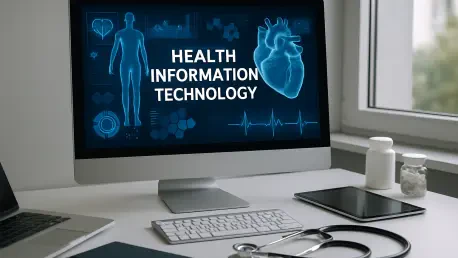
In a decisive move that signals a significant philosophical shift in federal oversight, the Trump administration has begun systematically unwinding key health information technology regulations established during the previous administration. The Department of Health and Human Services (HHS),
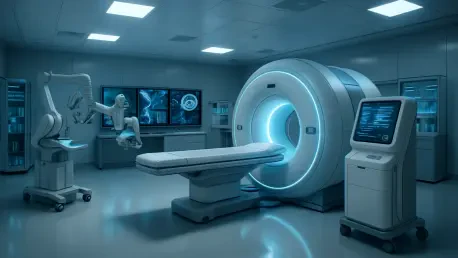
The sprawling $4 trillion healthcare sector, long burdened by unsustainable cost trends and systemic complexities, is now the primary battleground for a new generation of innovators dedicated to systemic change. These companies are not just tweaking existing models; they are fundamentally
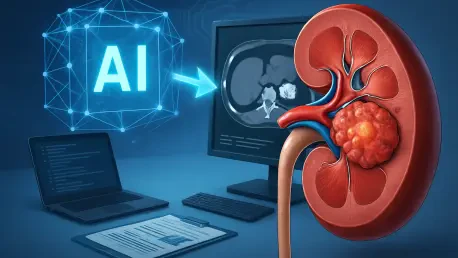
The sheer volume of medical imaging studies performed daily has placed an unprecedented strain on radiologists, creating a critical bottleneck in the diagnostic process where early detection can mean the difference between life and death. With a global shortage of these highly trained specialists
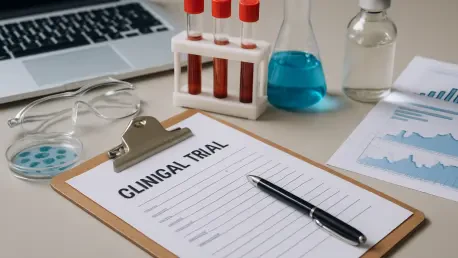
Locked within the digital archives of every hospital and clinic lies a narrative of human health, written not in structured database fields but in the free-flowing text of physicians’ notes, the detailed descriptions of radiology reports, and the nuanced interpretations of pathology slides. This

The long-promised transformation of American healthcare from a system that pays for the quantity of services to one that rewards the quality of patient outcomes is reaching a pivotal and defining moment. This ongoing, critical shift away from the traditional fee-for-service model is more than a